Optimal Timing for Water Treatments
Water treatments are essential for maintaining water quality, preventing buildup of contaminants, and ensuring system longevity. The timing of these treatments can significantly impact their effectiveness and cost-efficiency. Proper scheduling depends on water usage patterns, seasonal changes, and water source quality.
Spring and fall are ideal times to perform comprehensive water treatments to prepare for seasonal changes and reduce buildup.
Before winter, treating water systems helps prevent freezing and corrosion issues during colder months.
After repairs or system maintenance, treatments ensure water quality and system integrity.
Periods of increased water use may require more frequent treatments to manage mineral buildup and contamination.
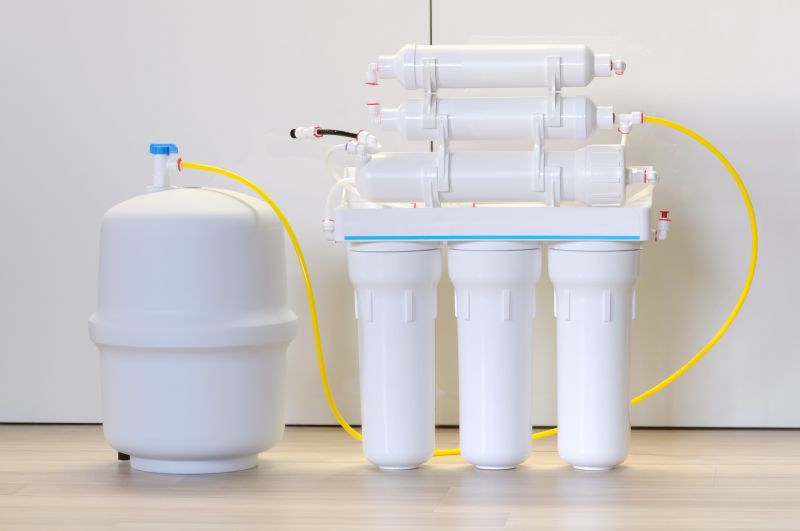
Water treatment systems installed for optimal water quality.
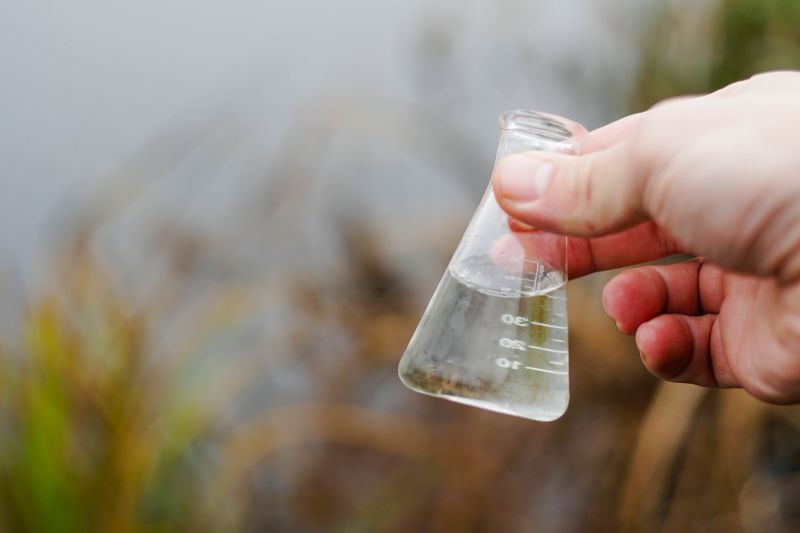
Analyzing water samples to determine treatment needs.
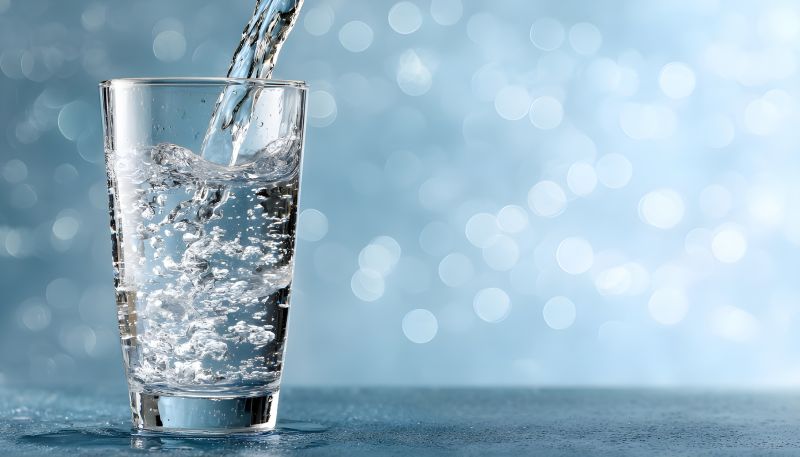
Clean, treated water ready for use.
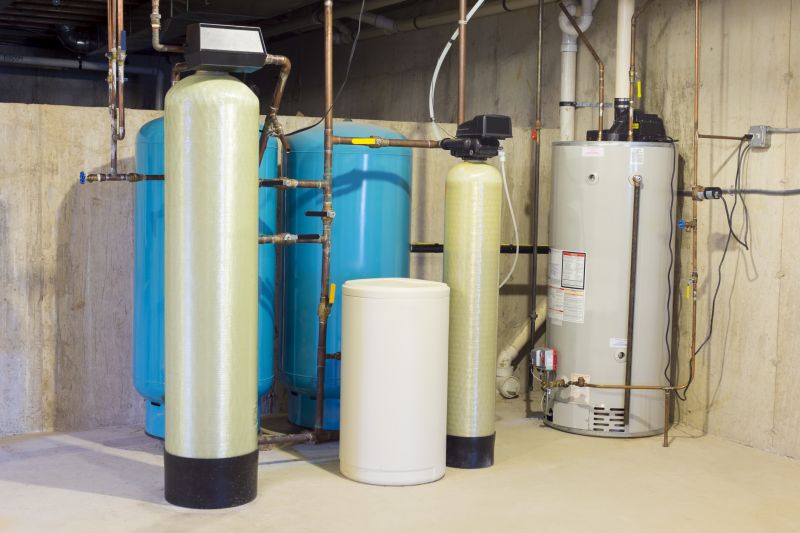
Ways to make Water Treatments work in tight or awkward layouts.
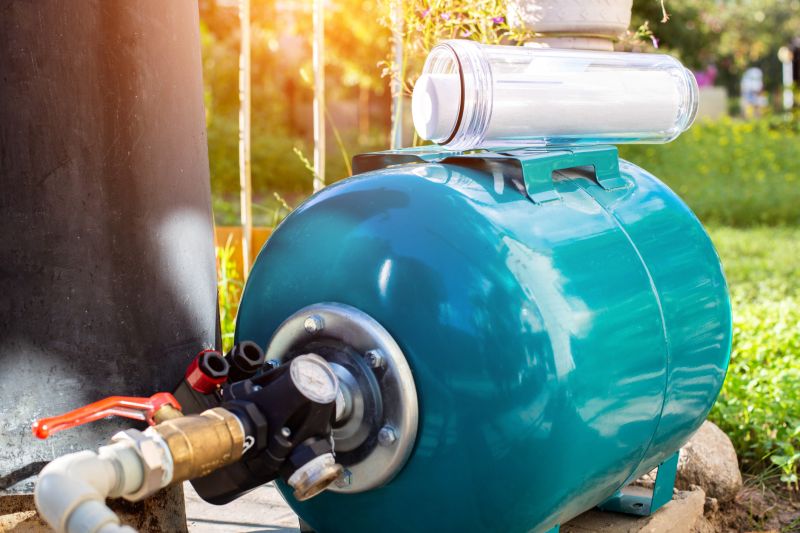
Popular materials for Water Treatments and why they hold up over time.
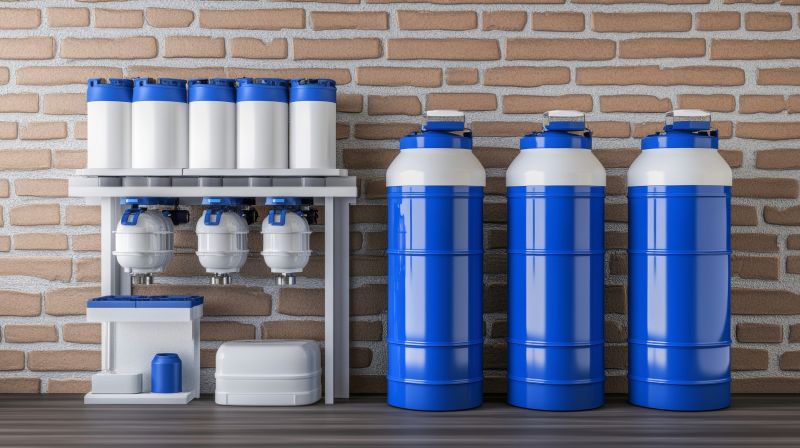
Simple add-ons that improve Water Treatments without blowing the budget.
| Timing Consideration | Recommended Action |
|---|---|
| Spring | Perform a full system assessment and treatment to prepare for increased usage. |
| Summer | Schedule maintenance to prevent algae growth and mineral buildup. |
| Fall | Conduct comprehensive treatment before winter to prevent freezing damage. |
| Winter | Perform minimal maintenance, focus on system protection. |
| Post-Repair | Treat water after repairs to ensure quality. |
| High Usage Periods | Increase treatment frequency to manage contamination. |
Water treatments involve various processes such as filtration, chemical dosing, and disinfection to improve water quality. These treatments help reduce scale formation, remove harmful contaminants, and extend the lifespan of plumbing and appliances. Regularly scheduled treatments can also prevent costly repairs and improve water safety for daily use.
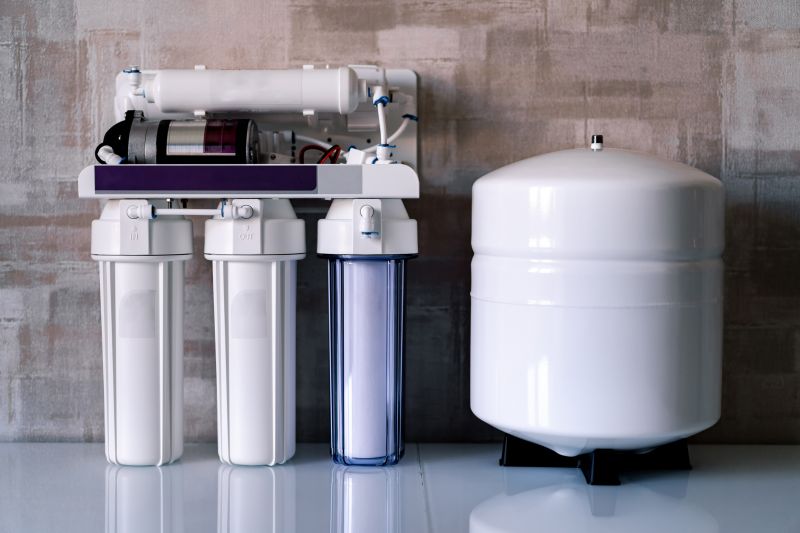
Advanced systems for water purification.
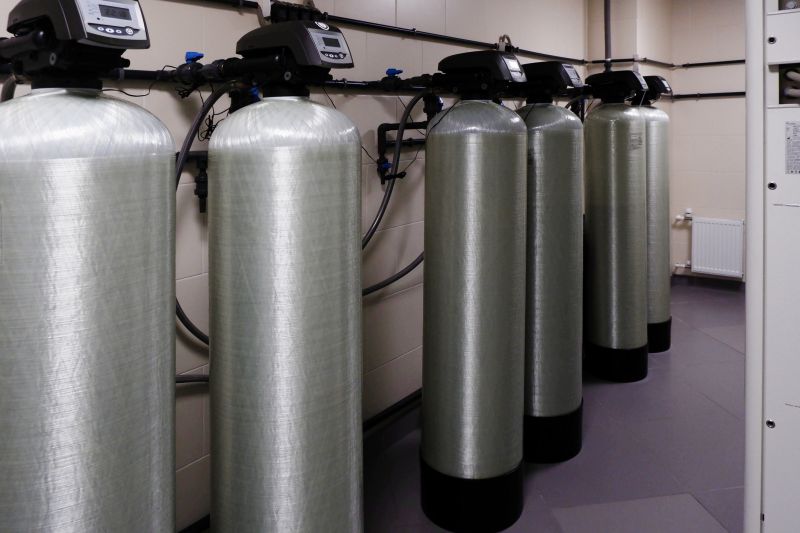
Automated chemical treatment devices.
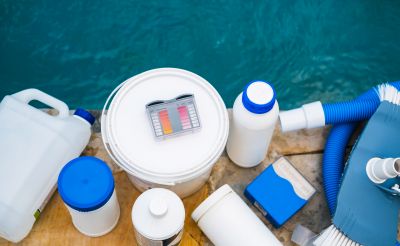
Laboratory testing of water samples.
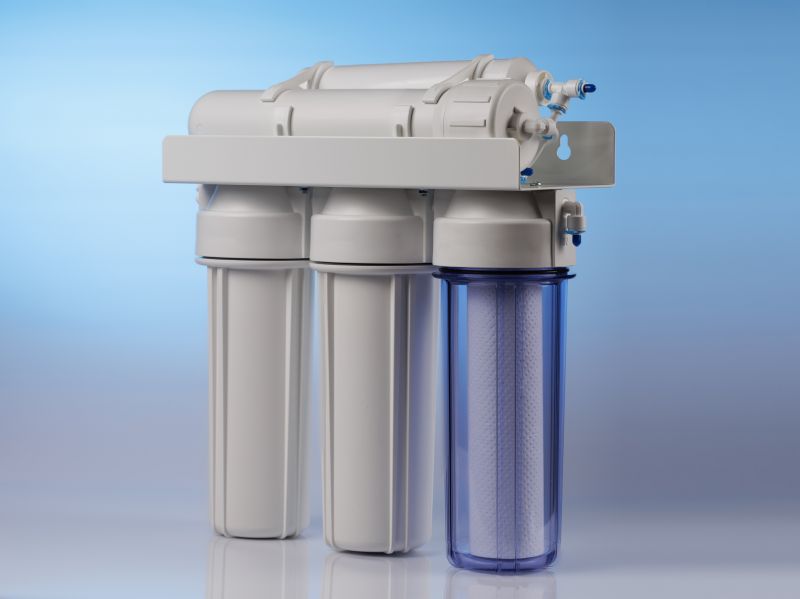
Distributing treated water.
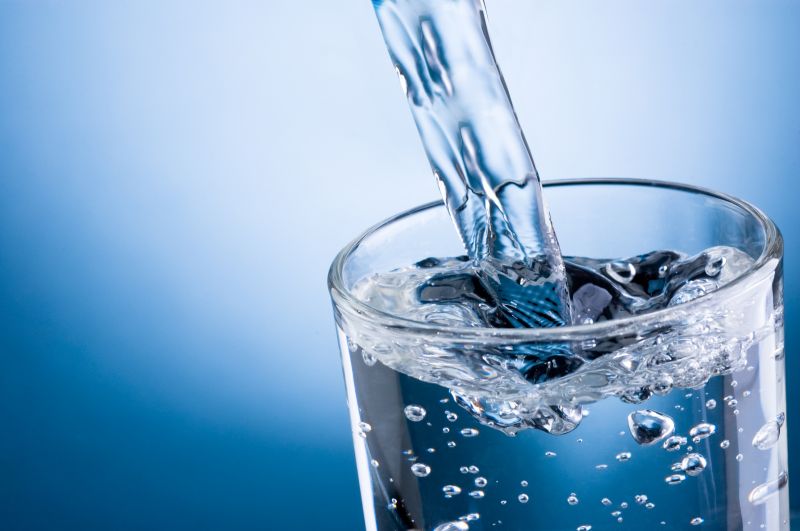
High-end options that actually feel worth it for Water Treatments.
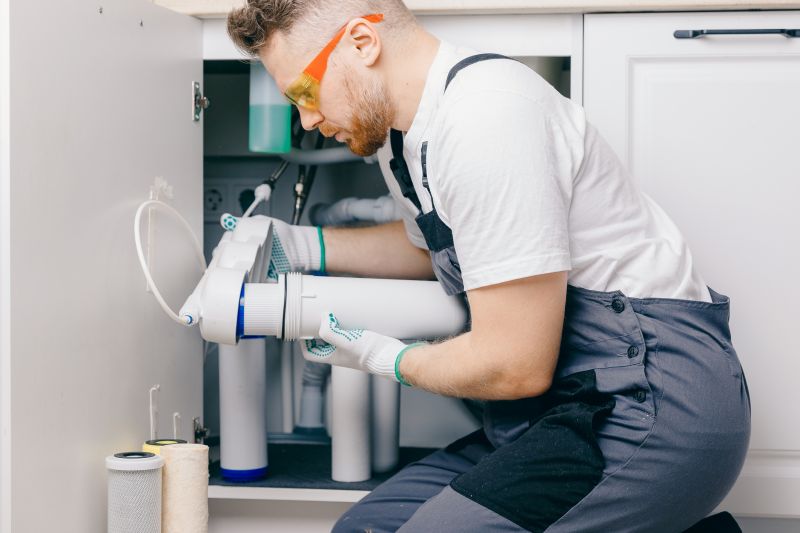
Finishes and colors that play nicely with Water Treatments.
Scheduling water treatments at appropriate times ensures water systems operate efficiently and safely. Understanding seasonal patterns and water quality changes helps determine the best intervals for treatment. Proper timing minimizes disruptions and maintains water clarity and safety.
Regular testing to assess water conditions and treatment needs.
Routine inspections and cleaning to prevent issues.
Planning chemical doses based on water analysis results.
Adapting treatment schedules to seasonal water quality changes.
Effective water treatment scheduling involves continuous monitoring and adjustments to match water system demands. Proper timing ensures optimal water quality, system efficiency, and cost management, making it a crucial aspect of water system maintenance.
Interested in scheduling a water treatment or learning more about the best timing for your system? Filling out the contact form can provide tailored recommendations to meet specific water quality needs.
